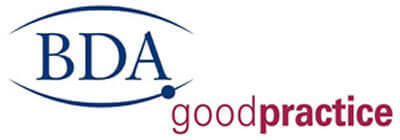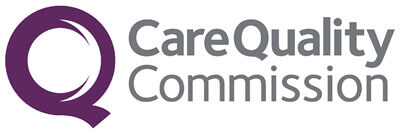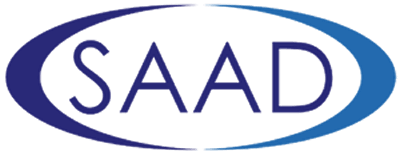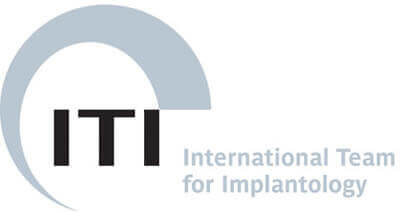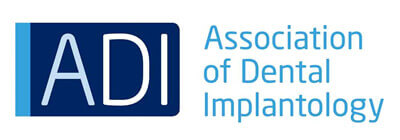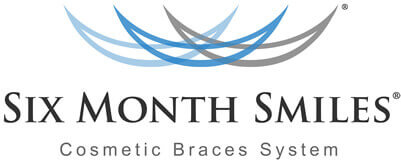Location
- Harrow Dental Practice
- 23-27 High Street
- Hornchurch
- Essex
- RM11 1TP
Surgery Hours
- Monday 8.00am - 6:00pm
- Tuesday 8.00am - 6:00pm
- Wednesday 8.00am - 6:00pm
- Thursday 8.00am - 6:00pm
- Friday 8.00am - 5:00pm
- Saturday 9.00am - 3:00pm
Useful Information
